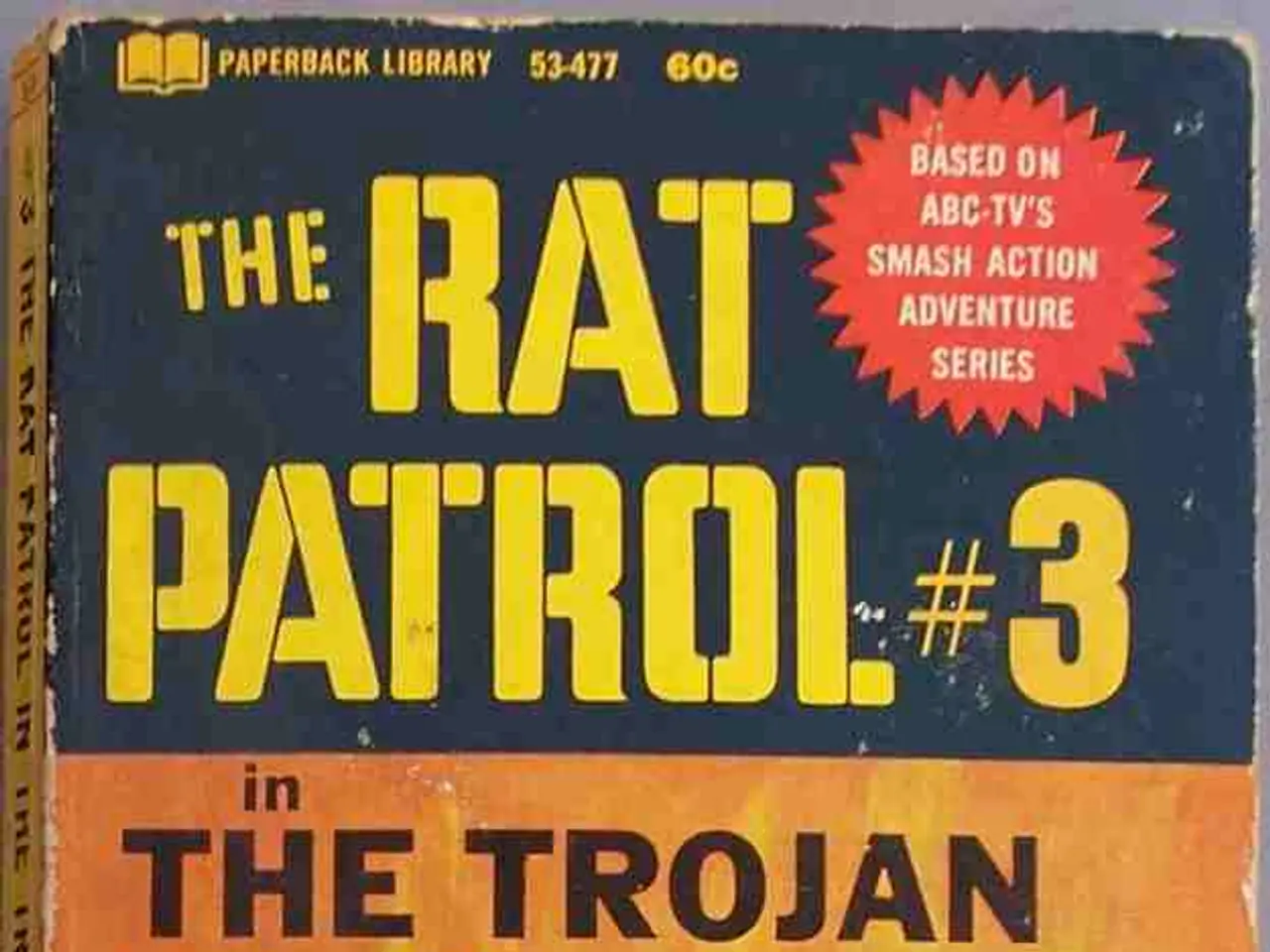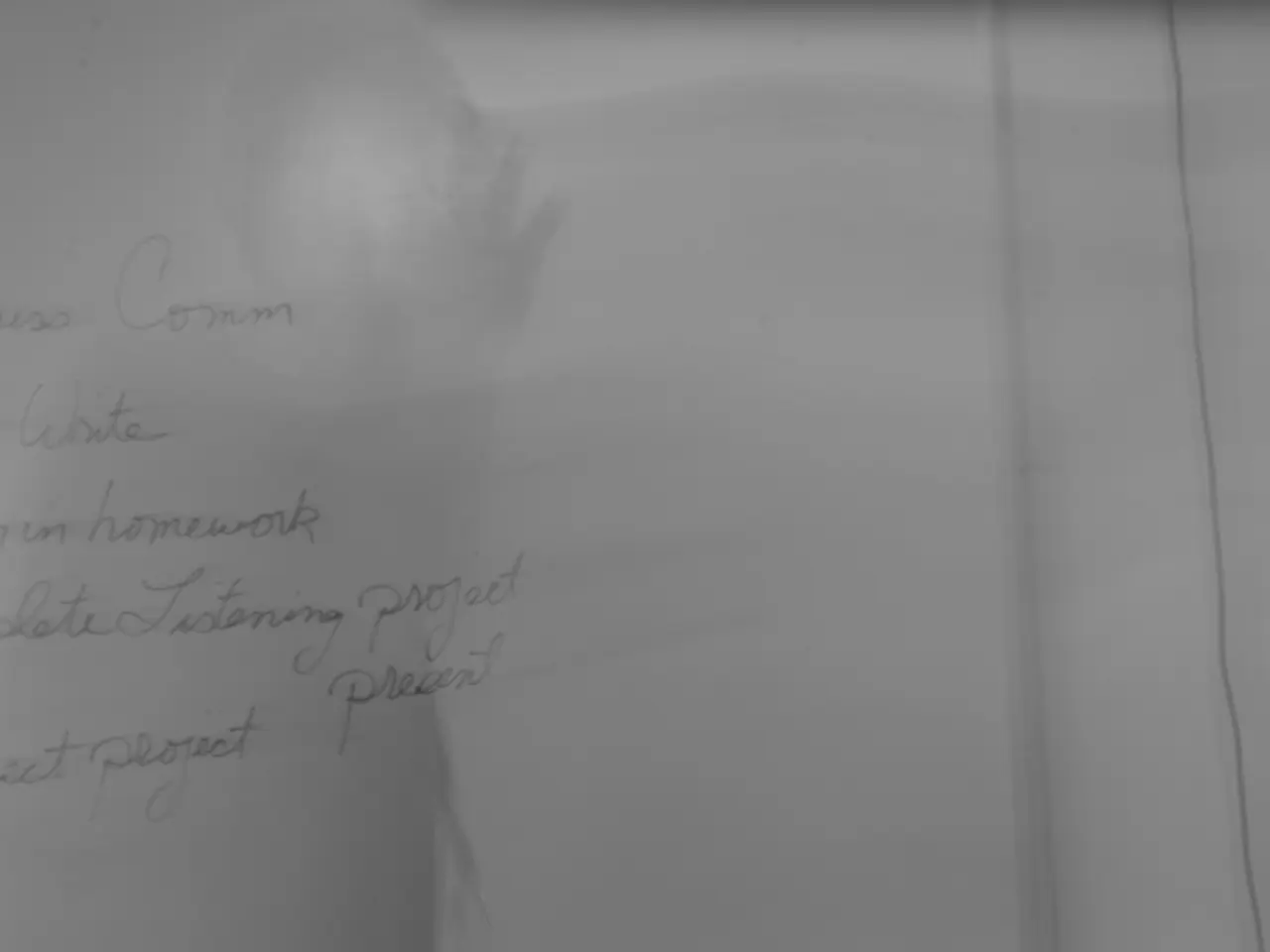Slovak Prime Minister Proposes Neutrality Amid Defense Spending Debate
Slovak Prime Minister implies potential departure from NATO alliance - Slovak Prime Minister discusses potential departure from NATO alliance
Robert Fico, Slovakia's Prime Minister, has unsettled NATO by suggesting a possible departure from the alliance's spending targets and advocating for neutrality. Fico made it clear that any additional funding for defense purposes would be subject to the government's own discretion, with priority given to projects that boast both civilian and military benefits, such as hospitals and infrastructure.
In a stark rejection of NATO Secretary General Mark Rutte's five-percent defense spending target, Fico deemed the proposed expenditure "absurdly high." According to Fico, Slovakia lacks the resources to meet such a goal. This stance, however, elicited criticism not only from opposition politicians but also from state president Peter Pellegrini, a close ally of Fico, who noted that neutrality would be a costly endeavor for the nation.
Despite Slovakia's membership in NATO since 2004 and its recent compliance with the two-percent target agreed upon by NATO countries, Fico's re-emergence as Prime Minister in October 2023 signifies a shift in the nation's stance. Under Fico's leadership, Slovakia halted all military aid to Ukraine - a move that positioned the country closer to Russia and its President, Vladimir Putin.
Rutte has been a staunch advocate for the five-percent target, aiming for NATO countries to allocate at least 3.5 percent of their annual economic output on traditional military spending and an additional 1.5 percent on defense-relevant infrastructure by 2032. This revised framework includes contributions to topics like cybersecurity, civil defense, and potential support for Ukraine.
While Slovakia's commitment to NATO obligations remains intact among the political sectors, Fico's advocacy for neutrality raises questions about the country's reliability within the alliance, particularly in the context of the ongoing Russia-Ukraine conflict. His pro-neutrality stance may potentially strain Slovakia's relationships with both NATO allies and Ukraine, giving the impression of hesitancy to fully support Ukraine and participate robustly in NATO's collective defense. However, the consensus among Slovakian political parties to formally back NATO's spending targets suggests that the country remains committed to upholding its obligations despite Fico's stance, which may mitigate the risk of alienation from the alliance or Ukraine.
The European Union, in line with its common defence policy, is also contemplating the strengthening of its defence capabilities given the ongoing war-and-conflicts, particularly the Russia-Ukraine conflict. This thinking contrasts with Slovakia's Prime Minister, Robert Fico, who, amidst a defence spending debate, has proposed neutrality for Slovakia, a member of NATO since 2004, raising questions about the country's reliability within the alliance and its commitment to policy-and-legislation, politics, and general news concerning NATO and conflicts.






